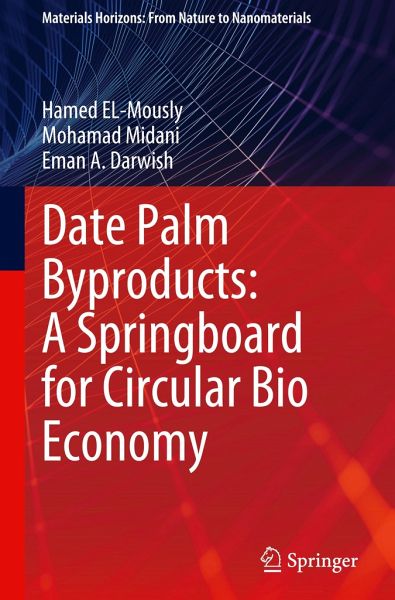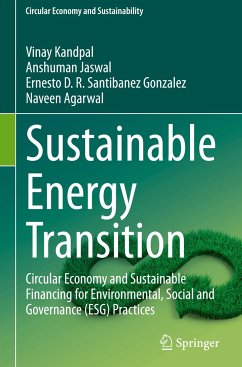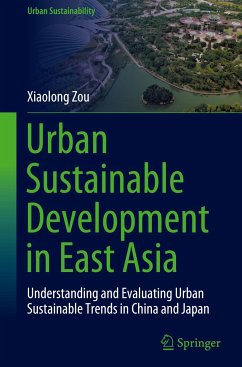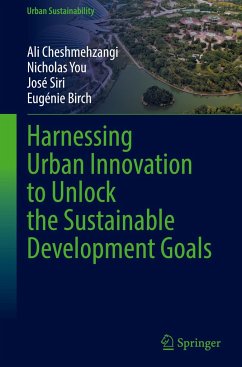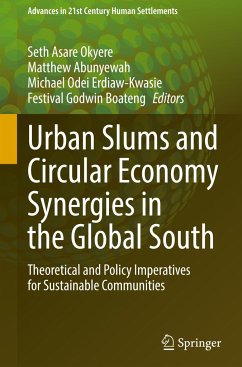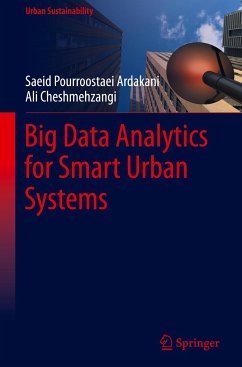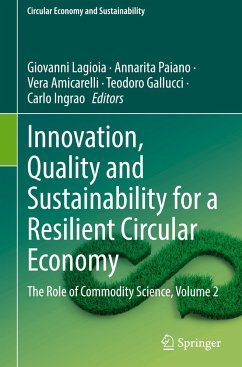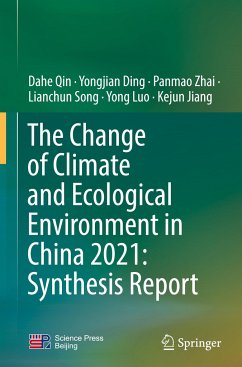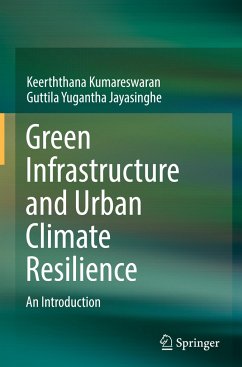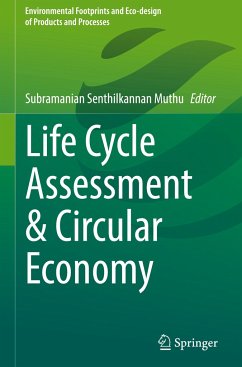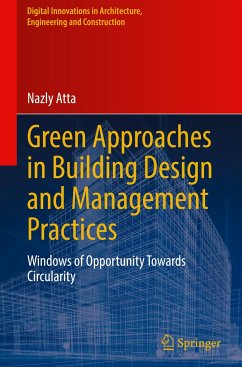The Legendary Professor Dr. Hamed El-Mously, is an Emeritus Professor at the Faculty of Engineering - Ain Shams University, Egypt and co-founder and chairman of the International Association for Palm Byproducts (ByPalma). Dr. El-Mously is recognized as the founding father of Date Palm by-products research and development, and one of the warriors of sustainable development of local communities. He received numerous prestigious awards for his work, such as Khalifa International Award for Date Palm and Agriculture Innovation 2013. El-Mously has been working in projects aiming at developing local communities in all villages of Egypt, by applying developing projects using their local resources since 1995. Projects include production of blockboard, parquet, and arabesque from palm midribs, production of non-traditional animal feed from agricultural residues, production of organic fertilizers from pruning-products of date palms, doum palms, and mango trees, and production of fig jam. El-Mously contributed in the foundation of several research societies and member in several strategic consulting and scientific committees, Small Industries and Local Technology Development Center. Including, The Egyptian Society for Endogenous Development of Local Communities, the Renewable Materials Research Center (RenewMat), the International Association for Palm Byproducts (ByPalma Assn.), the Network of Fiber-Plastic Composites & Tree-Free Wood Innovation, and the Network Foundation for Renewable materials Research, Technology and Applications. He is also a member in several strategic consulting and scientific committees at Ain Shams University. He obtained his Ph.D. from the Metal Cutting Machine Tools Institute, Moscow. Dr. Mohamad Midani is an Assistant Professor at the Materials Engineering Department, German University Cairo, and Adjunct Assistant Professor at Wilson College of Textiles, North Carolina State University. He is also the CEO of VALORIZEN R&I Center, andSecretary General of the International Association for Palm Byproducts. Dr. Midani has long experience in the textile industry, with a focus on technical textiles and composites, with an ongoing research collaboration and consulting to the industry. His research mostly focuses on natural fibers and their composites, and he is the co-inventor of the long textile fibers from date palm byproducts (PalmFil). He is also the co-founder of the World Conference on Palm Byproducts and their Applications (ByPalma). He published more than 40 articles in international journals and conferences in addition to five books. Dr. Midani is a reviewer to several international journals from different publishers. He teaches undergraduate and graduate courses on Fiber Reinforced Polymer Composites as well as New Product development and Innovation Management. In 2022, Dr. Midani received the distinguished young alumni award from Wilson College of Textiles NC State University in recognition for his impact in the textile field. Dr. Midani has his BSc in Mechanical Engineering from Ain Shams University (2006), MT in Textiles & Apparel Technology and Management (2012), and Ph.D. in Fiber and Polymer Science from the College of Textiles NC State University (2016). Dr. Midani is a certified New Product Development Professional (NPDP) and a member of the Product Development and Management Association (PDMA). Dr. Eman A. Darwish is an assistant professor in the department of Architecture, Faculty of Engineering, Ain Shams University. She is specialized in the design and development of sustainable building materials and elements made from natural materials and agricultural wastes depending on manual manpower and minimal manufacturing in order to maintain high resource and energy efficiencies. Current scopes of research include the implementation of the prefabrication method in the production of versatile building elements made from traditional building materials and agricultural wastes withina multidisciplinary framework for sustainable construction, thermal and acoustic applications. She Graduated in 2014, B.Sc. in architectural engineering: Excellent with distinction and top on class. She was awarded M.Sc. in architectural engineering from the faculty of engineering Ain Shams University in 2017. She was awarded Ph.D. in architectural engineering from the faculty of engineering Ain Shams University in 2020. She was awarded best paper in Sustainable Built Environment Conference Series SBE-Cairo 2016 and in the 13th International Engineering, Architecture Conference AEIC-Cairo 2017. She received the best Ph.D thesis in 2020. She was honored to receive the second-place award in ASU innovates: the researcher track in 2021. She is working currently on rediscovering novel possible utilization fields of local agricultural wastes such as date palm pruning residues.
